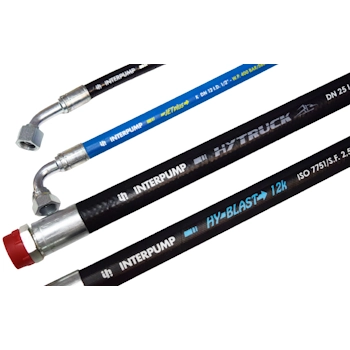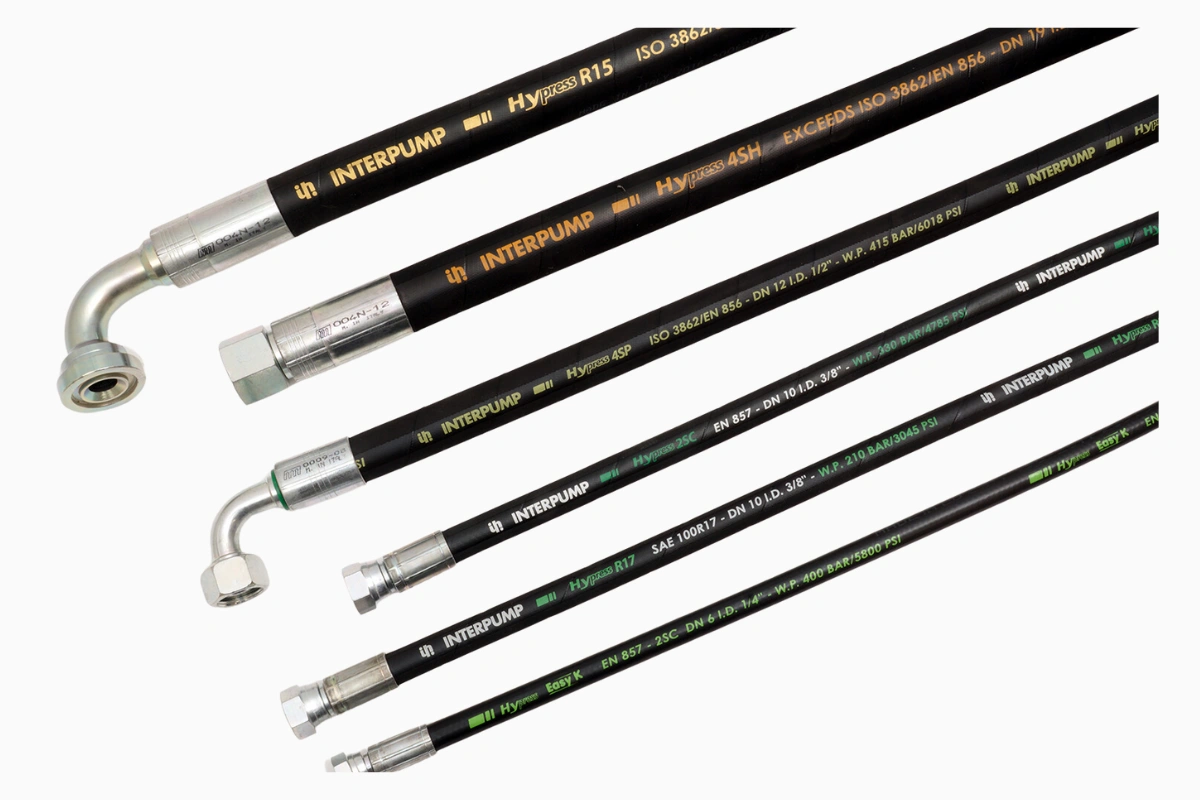Hydraulic Tubes are essential components in hydraulic systems, as they allow the transfer of pressurized fluid between various components. Choosing the right type of hydraulic Tube is crucial to ensure the proper functioning of the system and the safety of operations. There are several types, each designed for specific applications and operating conditions. In this article, we will explore the main types of hydraulic Tubes, their characteristics, and applications to understand how many types of hydraulic Tubes exist.
For more information on hydraulic Tubes and available accessories, visit our page dedicated to Tubes and Accessories.
Flexible Tubes
Flexible Tubes are widely used in hydraulic systems due to their versatility and ease of installation. These Tubes are made with flexible materials like synthetic rubber and are reinforced with layers of metal braid or synthetic fibers to withstand high pressures.
Characteristics
- Pressure resistance: Flexible Tubes can handle high pressures without deforming or being damaged.
- Ease of assembly: Thanks to their flexibility, they can be installed in tight spaces or complex configurations.
- Adaptability: They are used in mobile applications, such as agricultural machinery and industrial vehicles.

Rigid Tubes
Rigid Tubes, typically made of steel or copper, are used in applications that require greater structural strength and less flexibility. These Tubes are ideal for fixed installations or situations where stability is crucial.
Characteristics
- Durability: They offer long life and are resistant to wear.
- High pressure: They can withstand extremely high pressures, making them ideal for heavy industrial applications.
- Precision: They provide precise control of fluid flow.
Thermoplastic Tubes
Thermoplastic Tubes are made with advanced synthetic materials and offer an excellent combination of flexibility, lightness, and chemical resistance. These Tubes are often used in applications that require high resistance to corrosion and a reduction in the overall weight of the system.
Characteristics
- Chemical resistance: They are ideal for transporting aggressive fluids or in corrosive environments.
- Lightweight: Thanks to their lightness, they are easy to handle and install.
- Thermal insulation: They offer good protection against extreme temperatures, making them suitable for a wide range of applications.
In the industrial sector, hydraulic Tubes are used in manufacturing plants, hydraulic presses, and material handling systems. Rigid Tubes are preferred for these applications due to their ability to withstand high pressures and the structural stability they provide.
Flexible Tubes are also widely used in mobile machinery, such as excavators, cranes, and tractors, where the ability to adapt to continuous movement and complex configurations is essential. Their resistance to repeated bending makes them ideal for these applications.
In the agricultural sector, thermoplastic Tubes are often used for their chemical resistance, particularly useful for transporting fertilizers or other aggressive fluids. Additionally, the lightness and flexibility of these Tubes make them easy to install and replace, minimizing downtime.
We now understand how many types of hydraulic Tubes exist.

